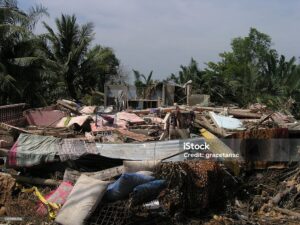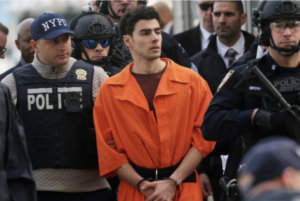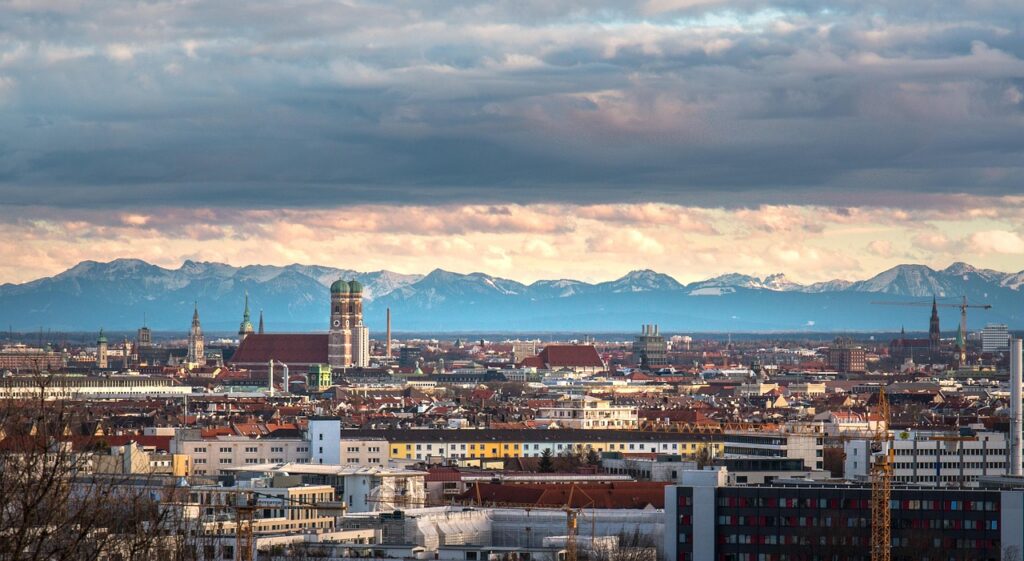The attack occurred in the middle of the afternoon on Thursday, February 13, on a large square in downtown Munich. A peaceful rally, organized by the Ver.di union, brought together several hundred people to demand better working conditions. Suddenly, a vehicle drove at high speed into the crowd, mowing down several demonstrators before crashing into a lamppost.
Emergency services quickly intervened to evacuate the injured and secure the area. The first report showed around forty victims, several of whom were seriously injured. Two days later, the toll rose with the death of a 37-year-old woman and her 2-year-old daughter. Both of them were hit head-on during the attack.
Images from the scene quickly circulated on social media. They showed people in a state of shock and rescuers trying to resuscitate the victims. Munich, a city so far spared from major terrorist attacks, finds itself in shock.
An assailant already known to the authorities
The man arrested at the scene was identified as Farhad N., a 24-year-old Afghan national. Arriving in Germany in 2016, he was one of the many migrants who fled Afghanistan after the Taliban took power. His asylum application was rejected in 2017. However, he was able to stay in Germany thanks to a tolerance permit (Duldung), a temporary measure which prevents the expulsion of illegal foreigners when their country of origin is deemed too dangerous.
Despite this, Farhad N. was well known to the police. He had been arrested several times for minor crimes, including theft and drug offenses. Even more disturbing, he is said to have recently shared Islamist content on social media.
According to several witnesses and the first elements of the investigation, he shouted “Allahu Akbar” at the time of the attack. However, the anti-terrorism prosecution remains cautious and is exploring several avenues, including that of mental imbalance.
Immediate political reactions and rising tensions
The attack sent shock waves across Germany and sparked strong reactions among the political class. Chancellor Olaf Scholz quickly condemned the act, calling it « a terrible attack on our society and our values. » He promised that « justice will do its job » and that « those responsible for such acts will find no place in Germany. »
In opposition, the far-right Alternative für Deutschland (AfD) party took the opportunity to denounce what it considers to be « the total failure of the government’s migration policy ». Alice Weidel, co-chair of the party, said: « How many more lives must be sacrificed before we finally take firm action against uncontrolled immigration? »
Other more moderate parties, such as the CDU/CSU, have also called for tougher expulsion rules for rejected asylum seekers. Therefore, they emphasize the need to avoid conflating migration and terrorism.
The event also sparked spontaneous protests across the country. Some demand more security, others denounce the political exploitation of the tragedy.
A major impact on the upcoming elections
The Munich attack occurs in an already tense context, just ten days before the early legislative elections of February 23, 2025. Before this attack, the electoral campaign was mainly focused on economic and social issues, in particular inflation and the energy transition. But now, security and immigration are emerging as central themes of public debate.
The latest polls show that the AfD, which advocates a much stricter migration policy, is gaining ground. Some analysts believe that the attack could mobilize an electorate concerned about rising insecurity and encourage a populist surge.
Conversely, the ruling coalition (SPD, Greens and FDP) is trying to reassure public opinion by affirming that measures will be taken to strengthen border controls and accelerate the expulsions of people in an irregular situation.
A turning point for Germany?
The Munich attack raises fundamental questions about the future of German security and immigration policy. How far should we go to guarantee the safety of citizens without giving in to stigma?










